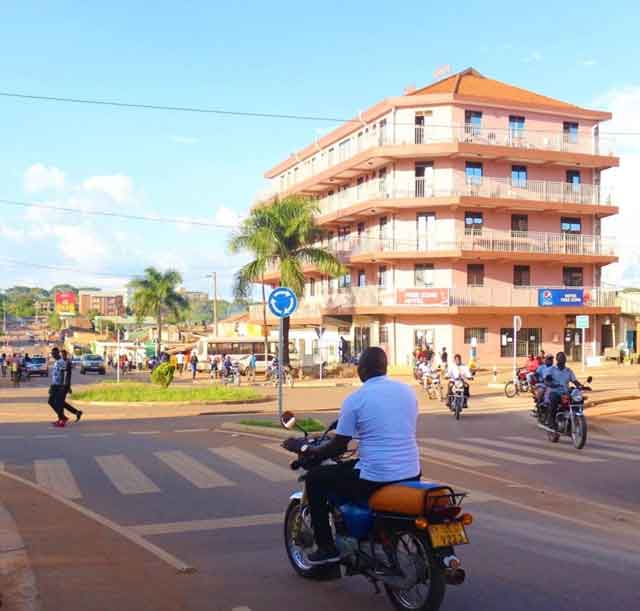
Gulu, Uganda | THE INDEPENDENT Mixed reactions have emerged in Acholi over the proposed agro-industrial identity of the newly elevated Gulu City. Founded in 1912, Gulu attained city status on July 1, this year, alongside Arua, Mbale, Jinja, Masaka, Mbarara and Fort Portal.
The former Municipalities of Lira, Hoima and Soroti were later added to a list of other regional and strategic secondary cities to break Kampala’s monopoly as a single city created at independence in 1962.
Several of the newly created cities have since proclaimed their taglines, for instance, Hoima is now known to be the Oil City, Lira, the Commercial City, Fort Portal, the Tourism City and Jinja, the country’s Industrial City, to reveal their uniqueness in globalizing cities.
Gulu District Chairperson Martin Ojara Mapenduzi who played a pivotal role in the creation of Gulu City creation says the agro-industrial tagline has been chosen for visibility, recognition, and global connectivity for the Acholi people. But a debate immediately ensued among some elite Acholi people questioning the agro-industrial rationale of Gulu City.
Livingstone Okello Okello, an Acholi elder aged 78, argues that to win attention in international markets and rise above national agendas, an agricultural and industrial name tag is befitting for Gulu City because originally, Acholi people depended on agriculture.
Similarly, Gulu District Council Speaker John Okwonga upholds the identity as befitting given the fertile soils in the region arguing that historically, Acholi sub-region has been the food basket of the country.
But Pius Ayella, a resident of Gulu West City Division contends the urban economy of Gulu in Acholi sub-region is far away from an industrial metropolitan and industrial production aspiration which is characterized by a large number of factories.
Emmanuel Okanokodi, a journalist dismissed the gesture as incompatible and prefers Gulu be called The God City given the diversity of activities and religious beliefs of the indigenous Acholi.
Some elders hold the opinion that Gulu befits to be a Tourism City given its unique history derived from past events and geographical features like Amuru hot spring, Guruguru Caves where Lamogi sub-clan of the Acholi people rebelled against the British in 1911.
They add that war artefacts from the two-decade-long LRA war, the unique traditional foods like boo and malakwang; Aruu Falls, military Fort which was built by Sir Samuel Baker, an English explorer in 1864 in Patiko Sub County among others are good for tourism. The fort was initially constructed by the Arabs as a slave collection centre.
Meanwhile, the Paramount Chief of Acholi Rwot David Onen Acana II questions the rationale in the aggressive creation of the so many cities in the country including Gulu. To Rwot, the process lacked well facilitated and meaningful bottom-up approaches which would clearly define the true identities of the cities.
Oral literature indicates that Gulu, is a name derived from running water down a wide rugged gully in a valley located in near St. Philips Cathedral Church of Uganda in the merged Bardege-Layibi, now Gulu West City Division. However, human settlements around the valley is threatening its existence.
********
URN
 The Independent Uganda: You get the Truth we Pay the Price
The Independent Uganda: You get the Truth we Pay the Price


